The Hildebrand Project is pleased to announce the recipients of our 2022 summer grants. Summer grants make possible a period of focused engagement with Hildebrandian and personalist ideas resulting in new writing destined for publication.
Learn more about our grant recipients and their envisioned projects:
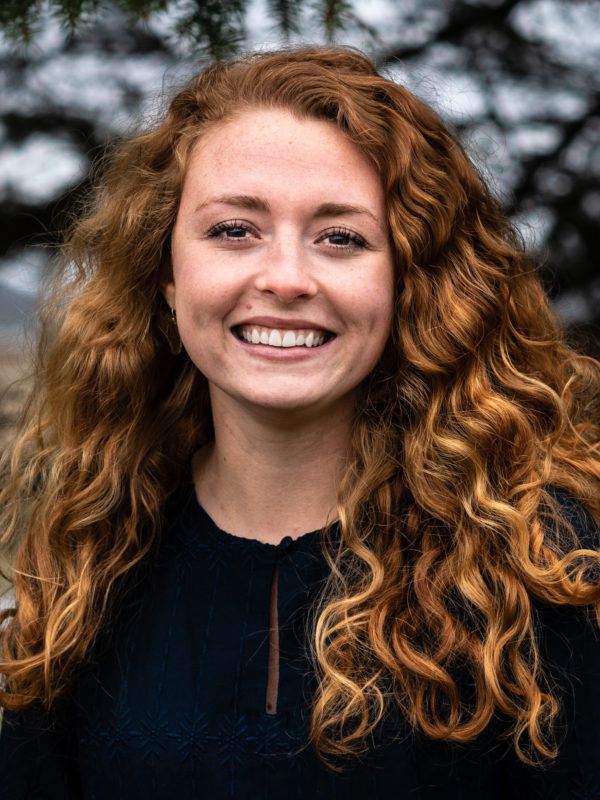
Catherine Yanko
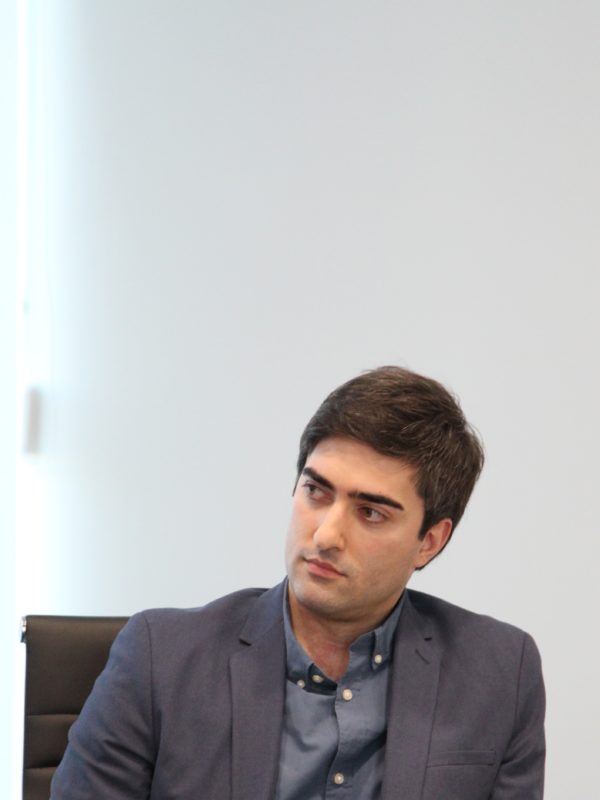
Lasha Matiashvili
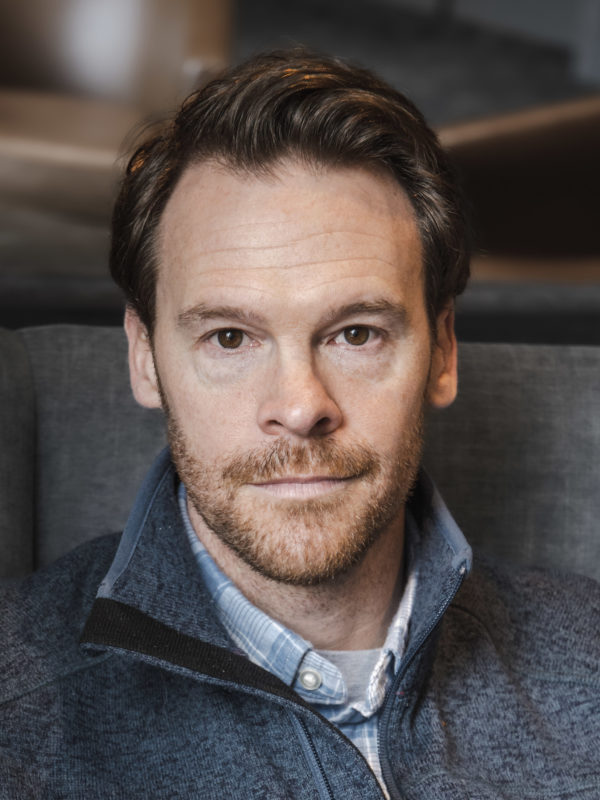
Gabriel Crawford
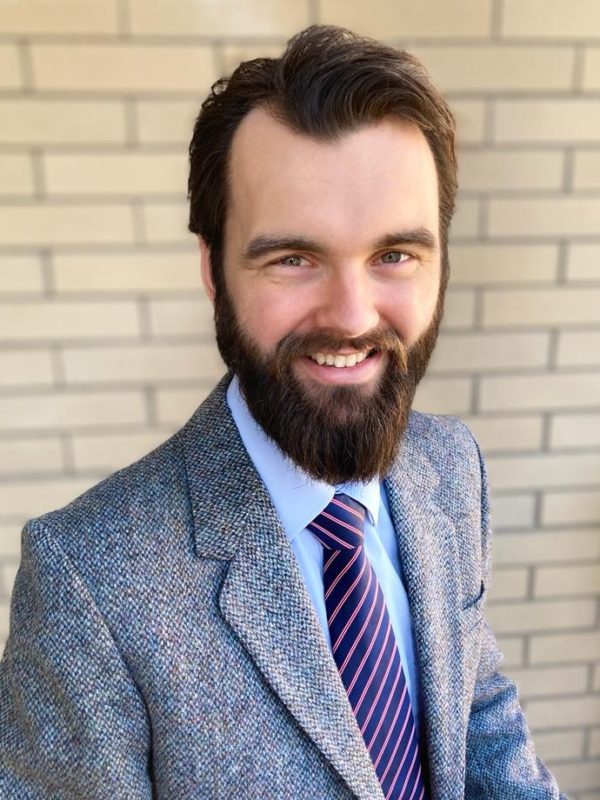
Benedict Hince
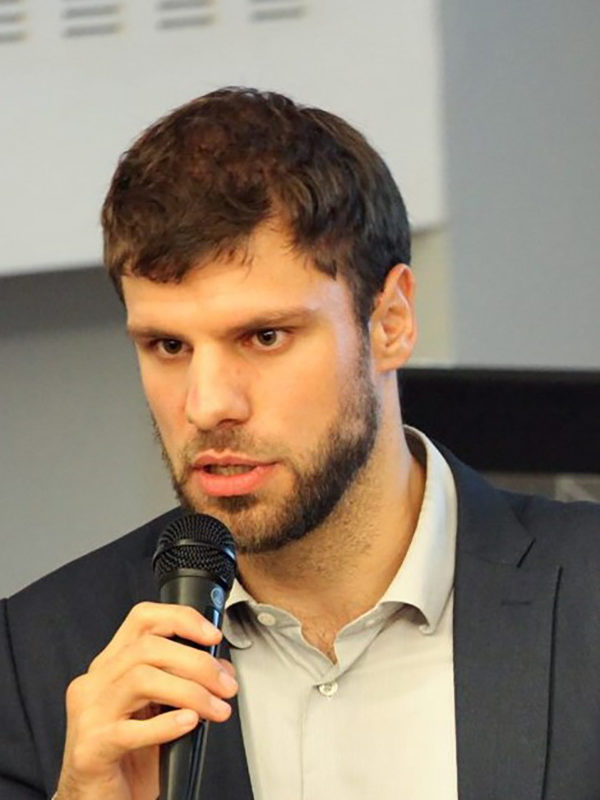
Hrvoje Vargic
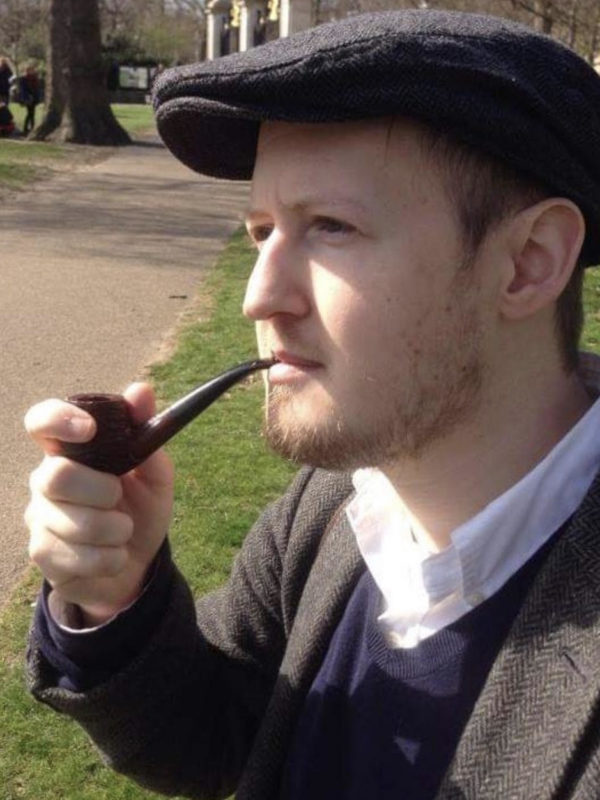
Wes Skolits
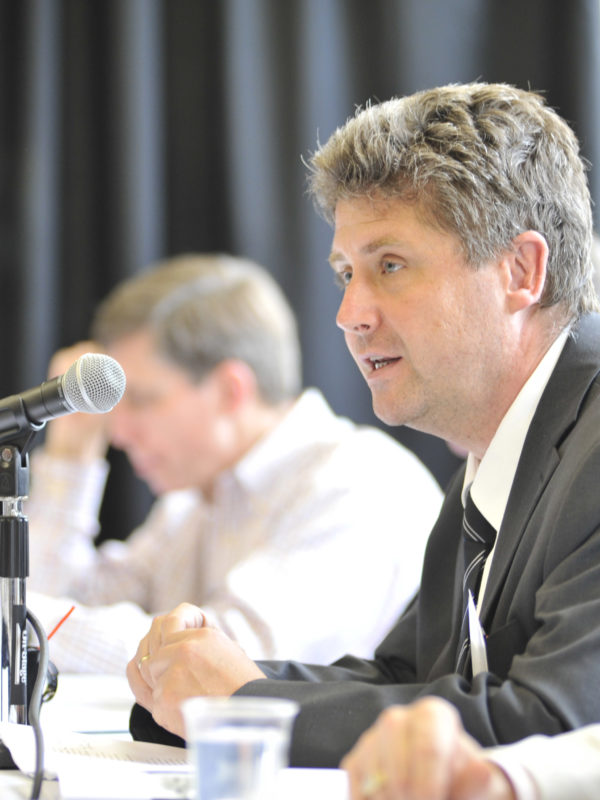
Martin Cajthaml
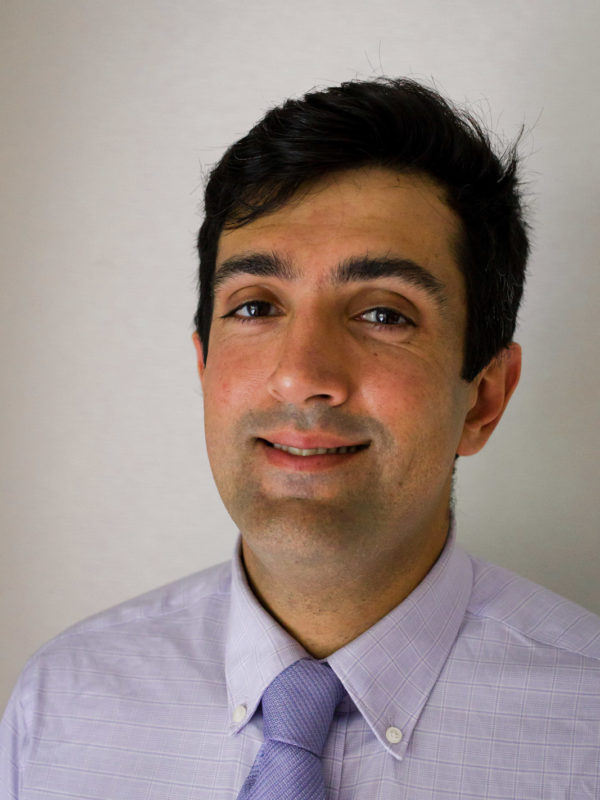
Erik van Versendaal
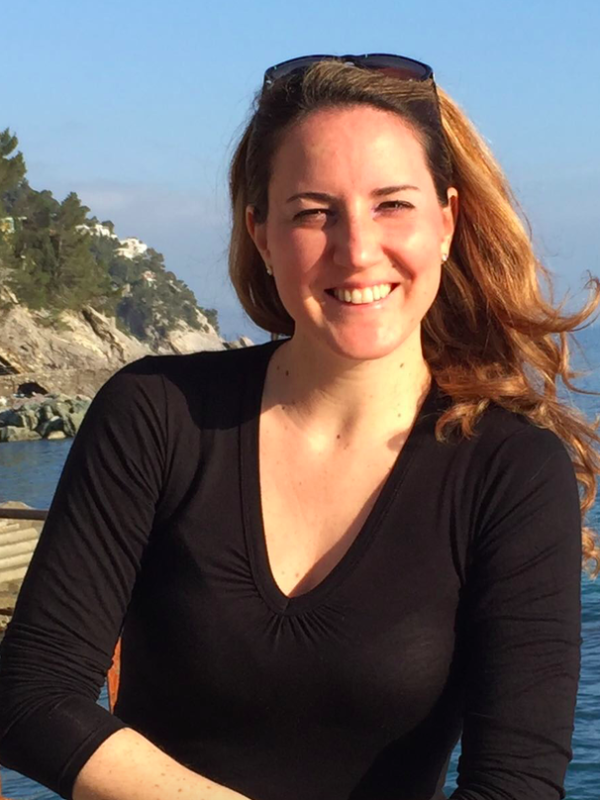
Elisa Grimi
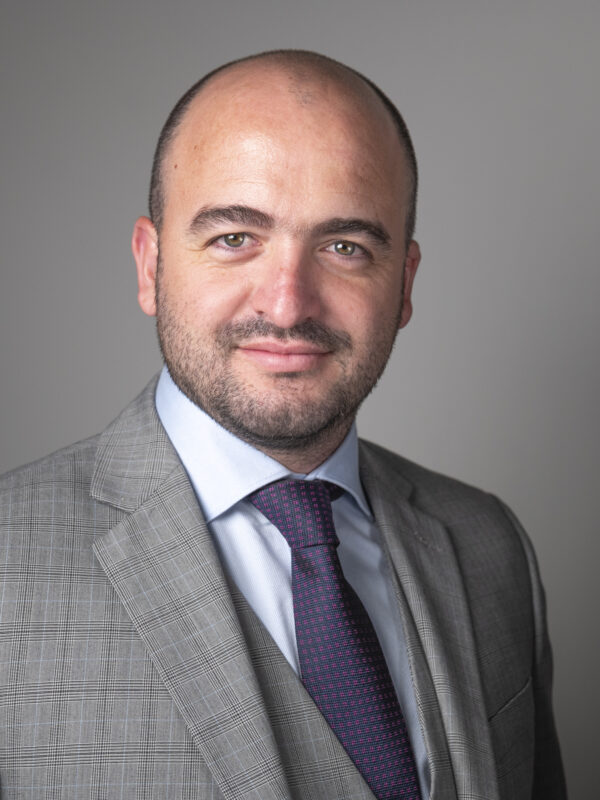
Alejandro E. Williams-Becker

Catholic University of America
Catherine Yanko
Catherine Yanko is currently a doctoral candidate at the Catholic University of America where she studies Moral Theology/Ethics.
Project Description
I am grateful for the opportunity this grant has provided me with to devote time to writing a scholarly article that compares the personalists Edith Stein, Karol Wojtyla/John Paul II, and Dietrich von Hildebrand on their descriptions of self-realization or self-actualization. As personalists, each of these thinkers describes human fulfillment with a particular emphasis to the particularness of subjectivity. What brings about this kind of fulfillment and the place of God and His grace differs for each thinker. I intend for this article and research time to also contribute to my dissertation.

Free University of Tbilisi
Lasha Matiashvili
Lasha Matiashvili is an Associate Professor at the Free University of Tbilisi. Currently, he is a visiting fellow at the Center for Subjectivity Research at University of Copenhagen supported by research grant from University of Oxford and John Templeton Foundation.
His areas of research are phenomenology, social ontology, philosophy of emotions and political theology.
Project Description
The research proposal titled “I Through Thou and We Through I: Dietrich von Hildebrand and Karol Wojtyla on Subjectivity and Community” has been supported by The Hildebrand Project Summer Grant. The aim of the project is to investigate constitutive interrelatedness of I, Thou and We within the context of Hildebrand’s and Wojtyla’s lesser well-known contribution in the debate regarding the structure and the nature of the reality of the social world. Relying upon Hildebrand’s and Wojtyla’s phenomenological personalism, I would like to suggest that the “we” is first and foremost relational construction. Wojtyla acknowledges mutual constitutive function of I-thou and we communities, without claiming that one is ultimately reducible to another, while Hildebrand engaged in early phenomenological debate about the nature of “we” and varieties of community, substantially explored I-Thou contact (Ich-Du Berührung) and “we” relationships. In this project, I plan to raise the question about the specific relation of “we”, thou and “I” to investigate how are they interdependent to each other? Moreover, I will elaborate on the role and place of individual subjectivity in constitution of community?

The Seattle School of Theology & Psychology
Gabriel Crawford
Gabriel L.M. Crawford is a man of continuous transformation through Christ in the Spirit: having survived a traumatic childhood to discover Christianity in high school, he then crossed the Tiber into the Roman Catholic Church. He is now a stay-at-home father of four fiery red-headed children and entering his third year of a Masters in Counseling Psychology program with a concentration in trauma and abuse at The Seattle School of Theology and Psychology.
Project Description
Schools of psychotherapy implicitly speak to the perennial questions of human happiness, and the psychotherapeutic art relationally accompanies the patient in their suffering and towards their flourishing. Contemporary relational psychodynamic theories, however, are foundationally flawed from embracing philosophical systems that undermine and contradict Catholic convictions about the human person. This project proposes a personalistic approach to psychotherapy by inviting Dietrich von Hildebrand’s reflections on affectivity and the heart into conversation with relational psychodynamic theories. An interdisciplinary dialogue expands Hildebrand and personalist philosophers by considering how the heart is wounded in neglectful and abusive relationships and presents a more reliable philosophical framework to envision a Personalistic Psychodynamic theory.

Pontifical University of S. Thomas Aquinas.
Benedict Hince
Benedict Hince is from the U.K, he is married to Elizabeth, and together they have a 1-year-old daughter and another little one on the way. Benedict is currently working towards his licentiate in Sacred Theology, and holds two master’s degrees from the International Theological Institute in Austria.
Project Description
The project I am working on focuses on the ethical writings of Dietrich von Hildebrand and Thomas Aquinas, and aims at a continuation of the dialogue between Hildebrand and the Thomistic tradition. Recognizing the implications of Hildebrand’s philosophical thought upon questions within the field of moral theology, this project will consider the person’s moral striving, which is oriented towards their movement to beatitude, and draw out the contribution that Hildebrand can offer to the discussion surrounding the Thomistic understanding of the threefold referral of acts to God, a notion which permeates Hildebrand’s writing when he turns to the saints as exemplars.

John Paul II Catholic University
Hrvoje Vargic
Hrvoje is currently finishing the PhD in Philosophy at the John Paul II Catholic University of Lublin. His philosophical interests lie in the field of political philosophy and ethics, combining the personalistic and phenomenological approaches.
Project Description
The research will closely examine Hildebrand’s writings to determine how he approached authoritarianism and fascism. It will also investigate historical literature, as well as the original fascist writings to assess whether Hildebrand’s conception corresponds to reality. Finally, Hildebrand’s arguments will be critically evaluated. The planned result is the comprehensive clarification and critical evaluation of Hildebrand’s political positions in the 1920s and 1930s. This will help to contextualize and more deeply understand Hildebrand’s political philosophy and consequently allow for a clearer view of his fight against Nazism and Communism. It will also enable the greater reception of Hildebrand’s political work in academic and political circles, the work that has great value.

Oxford University
Wes Skolits
Wes Skolits holds a PhD in philosophy and currently is undertaking a PhD in theology from Oxford University. He teaches philosophy at Rutgers University.
Project Description
The contemporary analytic literature on the epistemology of religious experience recently emphasizes the subjective and personal relations obtaining between the perceiving subject and God as instances of second person knowledge. On this approach, religious experience crucially features nonpropositional knowledge, a necessary condition of which is reciprocal causal contact between the subject and God—a relation in which God and the subject are perceptually known qua persons. However, this literature has neglected the prior work of Christian personalists—such as Dietrich von Hildebrand, Max Scheler, and Karol Wojtyla—who have articulated rich accounts of religious experience with similar themes in their work. To remedy this lacuna, my project’s aim is to attempt a creative synthesis of these two immensely important literatures.

Sts Cyril and Methodius Faculty of Theology of Palacky University
Martin Cajthaml
Martin Cajthaml is a full professor and the Head of the Department of Philosophy and Patrology at the Sts Cyril and Methodius Faculty of Theology of Palacky University Olomouc, Czech Republic, and an Associated Scholar of the Hildebrand Project. His most recent major publication is The Moral Philosophy of Dietrich von Hildebrand (Washington: CUA Press, 2019).
Project Description
I will research the D. von Hildebrand Nachlass (bequest) at the Bavarian State Library in Munich, Germany. The aim of my 3-5 days research stay will be to study selected typescripts from the bequest with the view of preparing their critical edition for the Hildebrand Press.

Magdalen College of the Liberal Arts
Erik van Versendaal
Erik van Versendaal received his doctorate from the Pontifical John Paul II Institute for Studies in Marriage and Family at the Catholic University of America with a dissertation on freedom in the thought of Ferdinand Ulrich. He teaches Philosophy and Humanities at Magdalen College of the Liberal Arts in Warner, NH.
Project Description
The Spirit of the Institution: Personalizing Education as the Bond of Community
With the support of the Hildebrand Project, I will consider how participation in community “personalizes” its members by relying on points of agreement between Dietrich von Hildebrand and Karol Wojtyla/Pope John Paul II. My inquiry will be focused around how common goods differentiate and perfect each member of the community they unite. Under the guidance of these two authors – and in conversation with such figures as John Henry Cardinal Newman, Christopher Dawson, Ferdinand Ulrich, and Robert Spaemann – I mean especially to reflect upon the place of education as a primary common good in every human community. Both Hildebrand and Wojtyla hold that education at any level involves awakening to one’s own personal transcendence and therein receiving the freedom to live out and appropriate one’s humanity in relation to other persons and in one’s fundamental orientation toward God. I would approach this mainly as it is expressed in the family, where education culminates at once in the awareness of one’s own dignity and the acquisition of the wherewithal by which one can practice this dignity in the array of intersecting communities within which one finds oneself. I am particularly interested in how the differentiation of asymmetrical and inexchangeable roles in the family (especially between the mother and father) is essential for a personalizing education. I hope also to reflect on how education is manifested in other communities, such as associations and the state, in a way that is analogous to the family so understood, and, relatedly, on the importance of institutional form for the handing-down of humanity in which education consists.

European Society for Moral Philosophy
Elisa Grimi
Elisa Grimi is Executive Director of the European Society for Moral Philosophy and the Editor-in-Chief of the international journal Philosophical News. On May 30, 2014, she received the Paolo Michele Erede Foundation First Prize with a work on “Politics and Network”. She has studied and worked at various universities throughout the world, in countries including Italy, Switzerland, Austria, Germany, England, France, and the United States. She is the author of numerous publications.
Project Description
True and New Realism
The proposal of the study is to investigate the Hildebrandian conception of “True realism”, showing its implications and actualization in today’s world. The premise is the background of the realist phenomenology, and thus the philosophical direction outlined by a group of scholars from Adolf Reinach’s research. The idea of this philosophical investigation comes from the curious happening in Italy some years ago: some university posters bore the title of “Manifesto of New Realism”, starting from the line of research promoted by some thinkers of the “School of Turin”. According to the exponents of the “New realism” it would be necessary to work patiently on a case by case basis to distinguish what is natural and what is cultural, what is constructed and what is not…. Their proposal comes from a certain weariness with postmodernism, which has grown out of the conviction that everything is constructed, from language to conceptual schemes, media, etc. A reaction to anti-realism.
It can be seen, however, that the strong distinction between nature and culture is emblematic. What is properly realist about the new realism? Is it still possible, for example, to speak of natural law? The unavoidable integrity of the person? The unity of belief and thought? The issue of realism is not a theoretical issue; embracing this conception means considering the human being, values, how to conceive of the future and create a society in a specific way. These are vital issues, as Hildebrand repeatedly points out.
In this research the Author will investigate the foundations of these two different “realist” approaches, showing the ethical, religious, and political implications that inevitably follow.

Universidad Austral (Argentina)
Alejandro E. Williams-Becker
Alejandro E. Williams-Becker is an Assistant Professor at Universidad Austral and the Executive Director of the Interreligious Dialogue Institute in Buenos Aires. He is a Lawyer and a PhD student in Political Science.
Project Description
My project aims to demonstrate the necessity of a deeper understanding of the link between affectivity and rationality, as proposed by von Hildebrand’s Ethics, in order to reconstruct the linkages between ethics and politics based on a more systematic comprehension of the communal experience in the affective sphere. In that sense, a joint approach between von Hildebrand´s treatment of the affective sphere, and the comprehension of the processes of psychic causality in the current of communal living as described by Edith Stein, can provide a framework for explaining in greater depth what is specifically in stake in what Wojtyla calls “the subjective moment” of the common good.
For questions or more information, please email the Hildebrand Project at info@hildebrandproject.org
